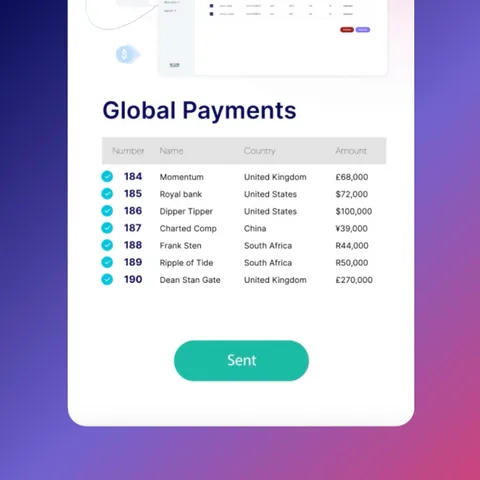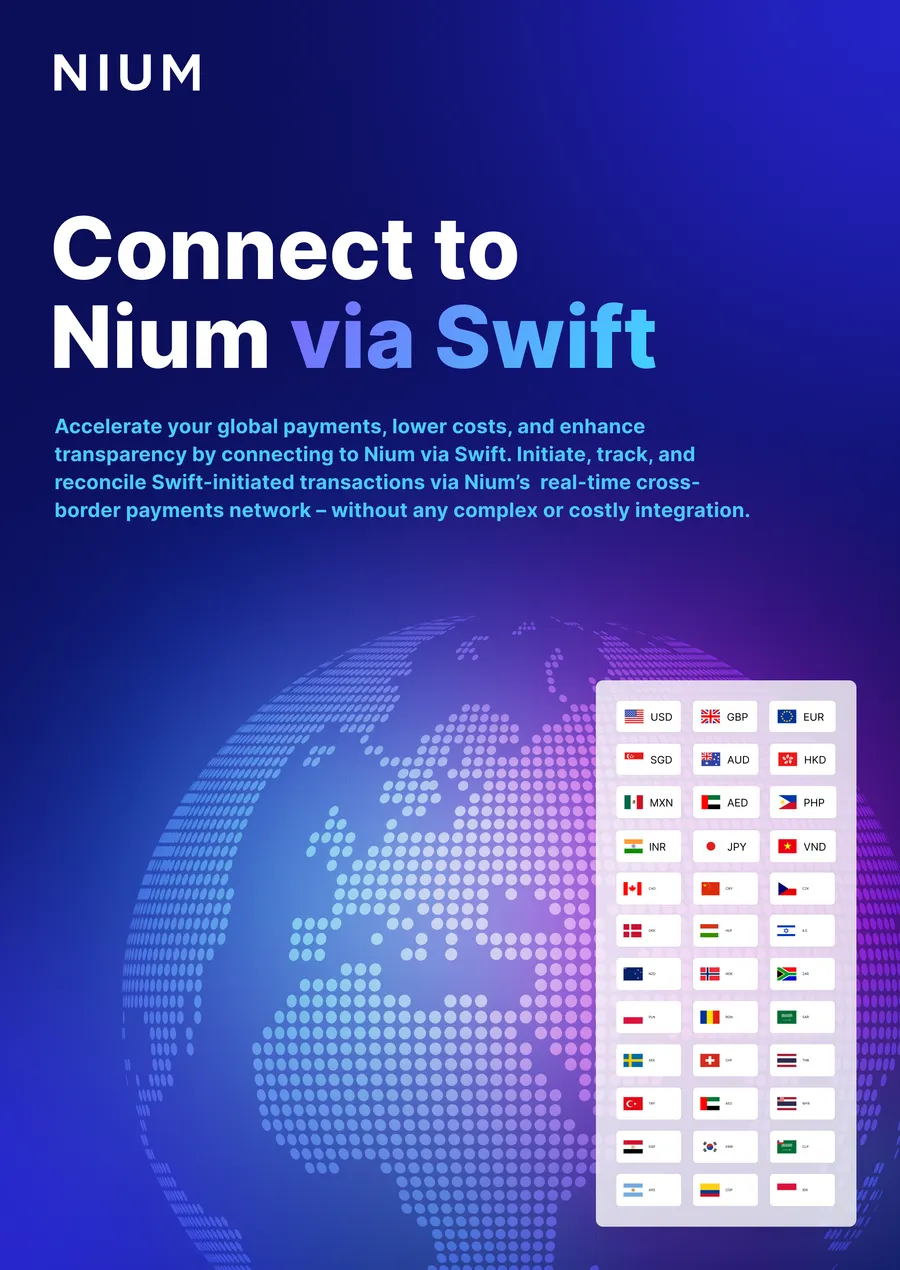Businesses that can effectively adapt to the new commercial and technological environment have the opportunity to pursue new routes to growth and efficiency, building a competitive advantage through experience and innovation.
The race for emerging markets
Emerging market growth has increasingly outstripped domestic markets when it comes to global payments.

However, financial links between these regions can still be slow and inefficient when relying on an expensive patchwork of providers, if they exist at all. While many institutions have good offerings for pay outs in the E.U. or U.S., managing global payments in emerging markets can be complicated, slow, and lacking transparency and control.
- Nearly two billion adults globally—one-third of the world’s adult population—remain unbanked, with nearly all living in emerging markets. This is leading users in these regions to turn to alternative forms of payment, with the share of adults making or receiving digital payments in developing economies growing from 35 percent in 2014 to 57 percent in 2021, outpacing growth in account ownership.
- Mobile money has become an important enabler of financial inclusion in Sub-Saharan Africa. Especially for women, it is both a driver of account ownership and account usage through mobile payments, savings, and borrowing.
- Southeast Asia is quickly becoming a hub for innovation in commerce and global payments. According to Capgemini, in 2022, the region will oversee some $390.8 billion of non-cash payments, making it the world leader in the volume of cashless transactions.
Expand reach by expanding global payment types
For institutions, this raises the need to provide and process alternative payment types, such as virtual cards, app-based payments, and alternative currencies.
Those that can expand their networks and global payment types can extend their reach into additional markets or corridors they don’t service to grow new customer bases, serving both local customers and the increasing number of merchants who sell in these markets that need to transfer funds back to the U.S. or EMEA.
A Modern Payments Infrastructure
Choosing the right technology is a key step in building the service that modern payment customers expect. This sets the standard for modern technological capabilities. Financial institutions need to implement systems that can deliver:
- Local and global reach
- API-based technology Access
- Multi-currency, multi-method
- Speed
To find out how you can enjoy the value of a truly modern global payments system, book a consultation with one of our payment experts. To learn more about how Nium supports financial institutions, download our guidebook.




.png@webp)



.png@webp)




